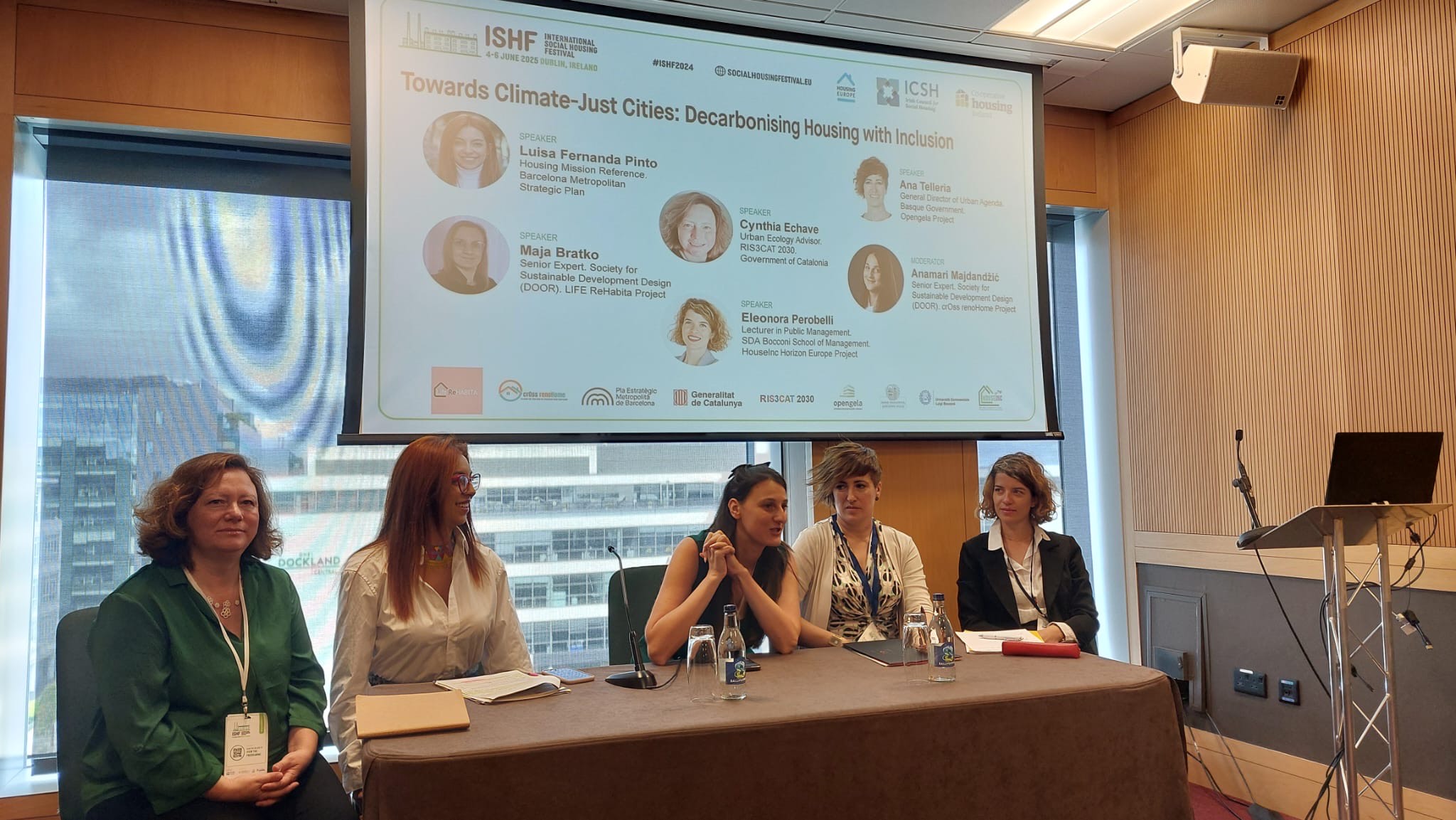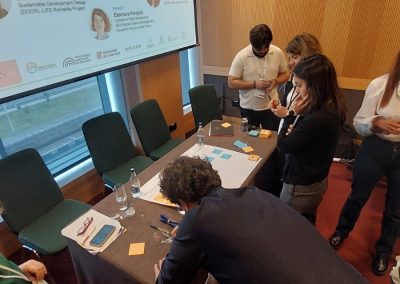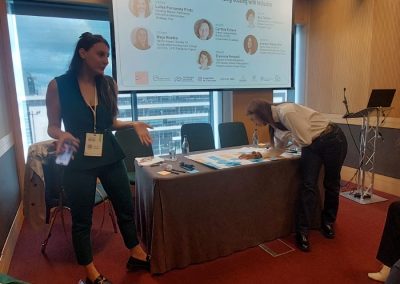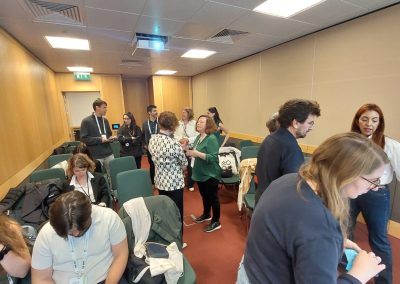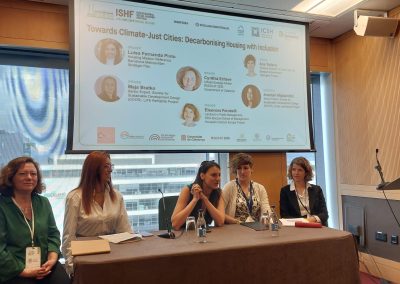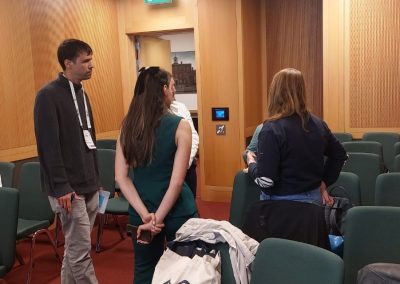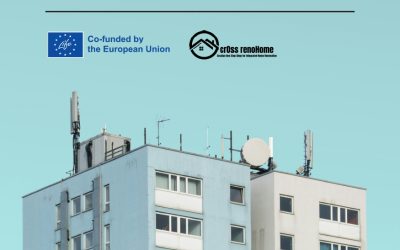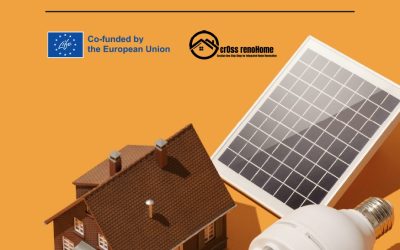On June 6, 2025, a roundtable and workshop titled “Towards Climate-Just Cities: Decarbonising Housing with Inclusion” was held in Dublin, as part of the International Social Housing Festival (ISHF). The focus was on fair and inclusive decarbonisation of the housing sector. This interactive event brought together representatives of European projects active in the fields of energy renovation, climate justice, and inclusion of vulnerable groups.
A special emphasis was placed on the presentation of the LIFE ReHABITA project and the crOss renoHome project, both implemented by the Society for Sustainable Development Design (DOOR). The LIFE ReHABITA project was presented by Maja Bratko, while DOOR also played a key role in moderating the roundtable through Anamari Majdandžić, who is also the lead of another important project – crOss renoHome.
Roundtable Participants
The event featured distinguished speakers and representatives from various European initiatives:
-
Raffaella Saporito, SDA Bocconi School of Management / HouseInc project (Horizon Europe)
-
Maja Bratko, Society for Sustainable Development Design (DOOR) / LIFE ReHABITA project
-
Ana Telleria, Opengela project / Director of Urban Agenda, Government of the Basque Country
-
Luisa Fernanda Pinto, Barcelona Metropolitan Strategic Plan (PEMB)
-
Cynthia Martínez Echave, RIS3CAT 2030, Government of Catalonia
-
Anamari Majdandžić, DOOR / crOss renoHome project (moderator)
The first 45 minutes of the event featured a panel discussion focused on four key challenges:
-
Reaching vulnerable communities, including those in energy poverty and social housing
-
Climate adaptation through energy renovation and increased resilience
-
Access to public financing – from the EU level to local implementation
-
One-Stop Shops (OSS) as central hubs for supporting citizens in energy renovation
Panelists were asked specific questions related to their practices and experiences, with the aim of exchanging knowledge and sharing inspirational examples. Special attention was given to the meaning of a just transition, and the principles that make renovation fair, accessible, and people-centered.
Interactive Workshop
Following the panel, an interactive workshop was held, during which participants were divided into small groups, each facilitated by one of the panelists. The groups worked on concrete challenges within three thematic areas:
-
Reaching vulnerable communities & OSS: how to build trust, avoid “renovictions”, and develop sustainable support models
-
Climate adaptation: how to create more resilient and healthier communities through renovation
-
Access to funding: how to simplify access to funds and improve coordination among levels of government
The workshop concluded with joint presentations of each group’s results and recommendations, creating space for further collaboration and the transfer of best practices.
The event in Dublin demonstrated the importance of linking inclusiveness, resilience, and financial sustainability in the green transition of the housing sector. Croatia’s contribution through the ReHABITA and crOss renoHome projects, led by DOOR, was recognized as a valuable citizen-oriented example, especially for those in vulnerable positions.
The project is co-funded by the European Union through the LIFE Programme.
The views and opinions expressed are solely those of the crOss renoHome projects and do not necessarily reflect those of the European Union or the European Climate, Infrastructure and Environment Executive Agency (CINEA). Neither the European Union nor the granting authority can be held responsible for them.
